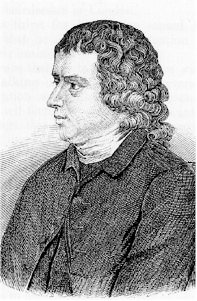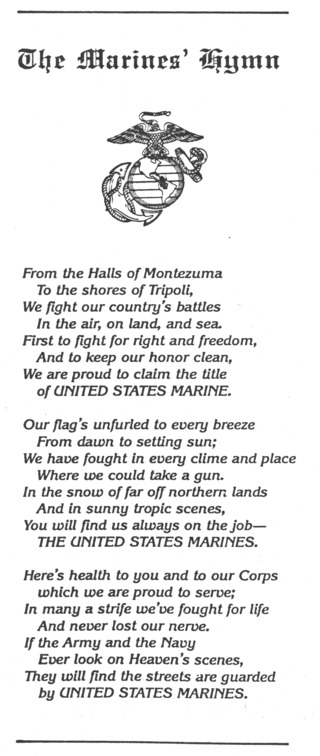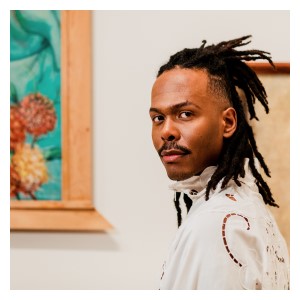
"John Brown's Body" is a United States marching song about the abolitionist John Brown. The song was popular in the Union during the American Civil War. The song arose out of the folk hymn tradition of the American camp meeting movement of the late 18th and early 19th century. According to an 1889 account, the original John Brown lyrics were a collective effort by a group of Union soldiers who were referring both to the famous John Brown and also, humorously, to a Sergeant John Brown of their own battalion. Various other authors have published additional verses or claimed credit for originating the John Brown lyrics and tune.

The "Battle Hymn of the Republic", also known as "Mine Eyes Have Seen the Glory" or "Glory, Glory Hallelujah" outside of the United States, is an American patriotic song that was written by abolitionist writer Julia Ward Howe during the American Civil War.

Music of Tonga refers to music derived from the island Tonga in the islands of Polynesia. Music of Tonga today generally falls under the category of traditional music that has withstood the test of time, or into one of the two opposing genres of religious and secular music. Tongan music can be either very emotional and somewhat modern with instrumental makeup including modern brass instruments, or conversely can be more traditional and consist of only drums and voices. In this way, Tongan music is very diverse despite the fact that it is contained to a fairly small island, which means that the different cultures and styles co-exist on the small land mass together without blending.
Sranan Tongo is an English-based creole language that is spoken as a lingua franca by approximately 519,600 people in Suriname.
William Steffe, born in South Carolina, United States, was a Philadelphia bookkeeper and insurance agent. He is credited with collecting and editing the musical tune for a camp-meeting song with the traditional "Glory Hallelujah" refrain, in about 1856. It opened with "Say, brothers, will you meet us / on Canaan's happy shore?" The tune became widely known.
"Blood on the Risers" is an American paratrooper song from World War II.

"Angels We Have Heard on High" is a Christmas carol to the hymn tune "Gloria" from a traditional French song of unknown origin called "Les Anges dans nos campagnes", with paraphrased English lyrics by James Chadwick. The song's subject is the birth of Jesus Christ as narrated in the Gospel of Luke, specifically the scene outside Bethlehem in which shepherds encounter a multitude of angels singing and praising the newborn child.
"The Parting Glass" is a Scottish traditional song, often sung at the end of a gathering of friends. It has also long been sung in Ireland, where it remains popular and has strongly influenced how it is often sung today. It was purportedly the most popular parting song sung in Scotland before Robert Burns wrote "Auld Lang Syne".

"Michael, Row the Boat Ashore" is a traditional African-American spiritual first noted during the American Civil War at St. Helena Island, one of the Sea Islands of South Carolina. The best-known recording was released in 1960 by the U.S. folk band The Highwaymen; that version briefly reached number-one hit status as a single.

"Come Thou Fount of Every Blessing" is a Christian hymn written by the pastor and hymnodist Robert Robinson, who penned the words in the year 1758 at the age of 22.
"Glory, Glory" is the rally song for the Georgia Bulldogs, the athletics teams for the University of Georgia. The melody of "Glory, Glory" is the same as that of "Say Brothers Will You Meet Us," "John Brown's Body," and "Battle Hymn of the Republic." The song was arranged for the University of Georgia Band by member, and later Department of Music chair, Hugh Hodgson in 1915.
Dives and Lazarus is traditional English folk song listed as Child ballad 56 and number 477 in the Roud Folk Song Index. It is considered a Christmas carol and based on the parable of the rich man and Lazarus. The song traditionally used a variety of tunes, but one particular tune, published by Lucy Broadwood in 1893 and used in other traditional songs, inspired many notable works and appeared in several pieces composed by Ralph Vaughan Williams.
"O Valiant Hearts" is a hymn remembering the fallen of the First World War. It often features prominently in annual Remembrance Day services in the United Kingdom and the British Commonwealth.

During the American Civil War, music played a prominent role on both sides of the conflict, Union and Confederate. On the battlefield, different instruments including bugles, drums, and fifes were played to issue marching orders or sometimes simply to boost the morale of one's fellow soldiers. Singing was also employed not only as a recreational activity but as a release from the inevitable tensions that come with fighting in a war. In camp, music was a diversion away from the bloodshed, helping the soldiers deal with homesickness and boredom. Soldiers of both sides often engaged in recreation with musical instruments, and when the opposing armies were near each other, sometimes the bands from both sides of the conflict played against each other on the night before a battle.
This is a discography for the gospel vocal group Gaither Vocal Band.

The "Marines' Hymn" is the official hymn of the United States Marine Corps, introduced by the first director of the USMC Band, Francesco Maria Scala. Its music originates from an 1867 work by Jacques Offenbach with the lyrics added by an anonymous author at an unknown time in the following years. Authorized by the Commandant of the Marine Corps in 1929, it is the oldest official song in the United States Armed Forces. The "Marines' Hymn" is typically sung at the position of attention as a gesture of respect, akin to a national anthem. However, the third verse is also used as a toast during formal events, such as the birthday ball and other ceremonies.
Singing the Living Tradition is a hymnal published by the Unitarian Universalist Association.
"Sing Hallelujah to the Lord" is a 1974 contemporary Christian worship song composed by Linda Stassen-Benjamin notable for its simplicity and popularity in many languages.

"Birth of a New Age" is a song by Surinamese singer-songwriter Jeangu Macrooy. The song represented the Netherlands in the Eurovision Song Contest 2021 in Rotterdam, the Netherlands. The music video was recorded in the Rijksmuseum. In the song, Macrooy calls for resilience and authenticity. The song is mostly written in English and partly in Sranan Tongo, a lingua franca in Suriname.








